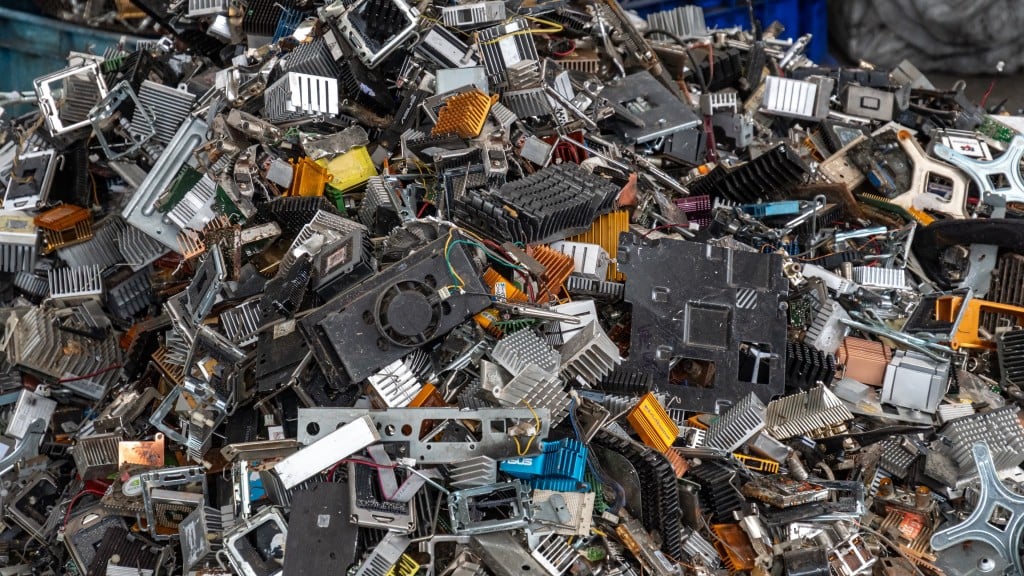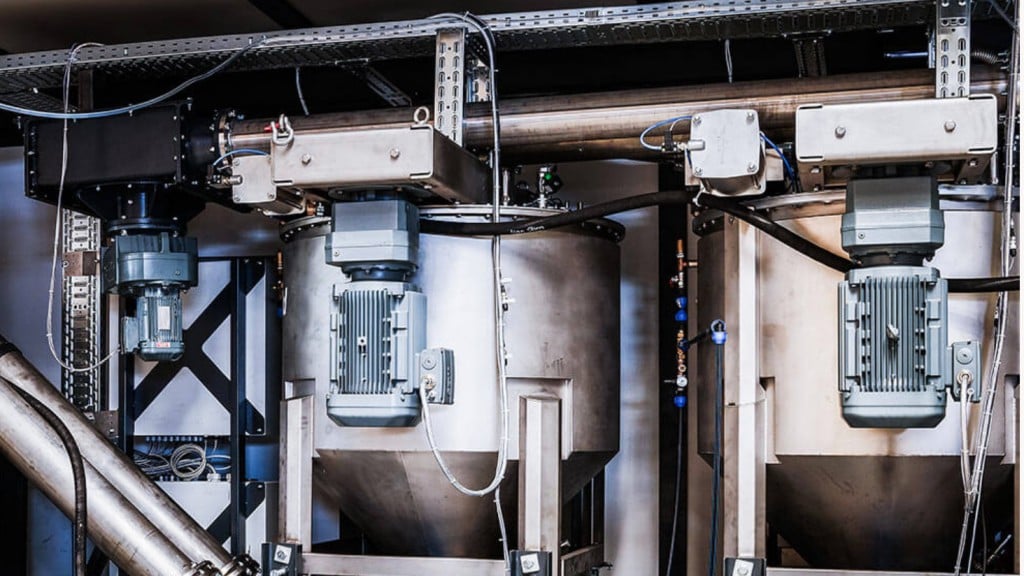
The REMADE Institute, a 154-member public-private partnership established by the United States Department of Energy (DOE) with an initial investment of $140 million, has launched a new technology license involving a technological innovation capable of recovering precious metals from used electronics more easily and cost-effectively.
The innovation, developed with REMADE support, is part of a research and development project first funded by the Institute in 2020. The R&D project, "Low-Concentration Metal Recovery from Complex Streams Using Gas-Assisted Microflow Solvent Extraction (GAME)," is still in progress and is led by Wencai Zhang, Ph.D., an assistant professor in the Department of Mining and Minerals Engineering at Virginia Tech's College of Engineering, and Aaron Noble, Ph.D., an associate professor in the same department. Phinix, LLC, is the industry partner on the project. REMADE's tech team oversees the project, ensuring it meets the institute's and DOE's technological milestones.
"Congratulations to the entire project team, including the researchers with Virginia Tech, the team at Phinix, and our tech team at the institute," says REMADE CEO Nabil Nasr. "A new technology license is a great accomplishment, and we believe it will be incredibly valuable to U.S.-based electronics recycling companies."
Details of the technology, which involves both the hardware set-up and the process, are the subject of a pending patent. All proprietary process advantages make it more cost-effective to recover precious metals from various electronic waste destined for landfill. The IP has been exclusively licensed to Phinix, LLC.
Zhang, the R&D project's principal investigator, says that the research ultimately seeks to develop technologies to make it easier and more cost-effective to recover precious metals from personal computers (PCs), classified as electronic waste (e-waste).
"The printed circuit boards (PCBs) found in PCs that have reached their end-of-life are among the most promising sources of gold and silver," Zhang says. "We need to do everything we can to make it easier and cheaper to recover these critical minerals and enable manufacturers to reuse them."
Typical PC motherboards contain 566 parts per million (ppm) of gold and 639 ppm of silver – one of which, gold, is more than an order of magnitude above typical economic ore grades.
REMADE Chief Technology Officer Magdi Azer says that the tech license is another milestone for the public-private partnership, which seeks to increase the reuse, remanufacturing, recycling, and recovery of four energy-intensive materials: metals, polymers/plastics, fibres/papers, and e-waste.
"REMADE is selective in funding R&D projects that have the greatest potential to reduce energy consumption, decrease greenhouse gas emissions, decrease the use of raw or primary materials, and increase the use of recycled or secondary materials," says Azer. "This particular R&D project is capable of developing technologies to increase the recovery of precious metals from e-waste, providing a valuable resource to U.S.-based electronics companies and other U.S. manufacturers, and as a result, increasing the resiliency of the U.S. supply chain and decreasing the nation's reliance on minerals from other countries."
Subodh Das, founder and CEO of Phinix, which now holds the tech license, says that his firm is eager to partner with electronics manufacturers that want to use the technology to recover precious metals like gold, silver, and palladium from their end-of-life PCs.
"Most of the 53.6 Mt of e-waste produced globally are not recycled," says Das. "Only nine percent of e-waste is recycled in the U.S. Most are either exported or landfilled. Gold, silver, and copper are the most valuable recovered resources. Our project has involved the recovery of gold and silver. This innovation is a potential boon to U.S.–based electronics companies, many of which are actively searching for ways to recover precious metals from their products. We can help these electronics companies recover and reuse these end-of-life resources and assist U.S. manufacturers in other industries interested in these recovered precious metals as well."
Company info
150 Lucius Gordon Drive, Suite #204
West Henrietta, NY
US, 14586
Website:
remadeinstitute.org



